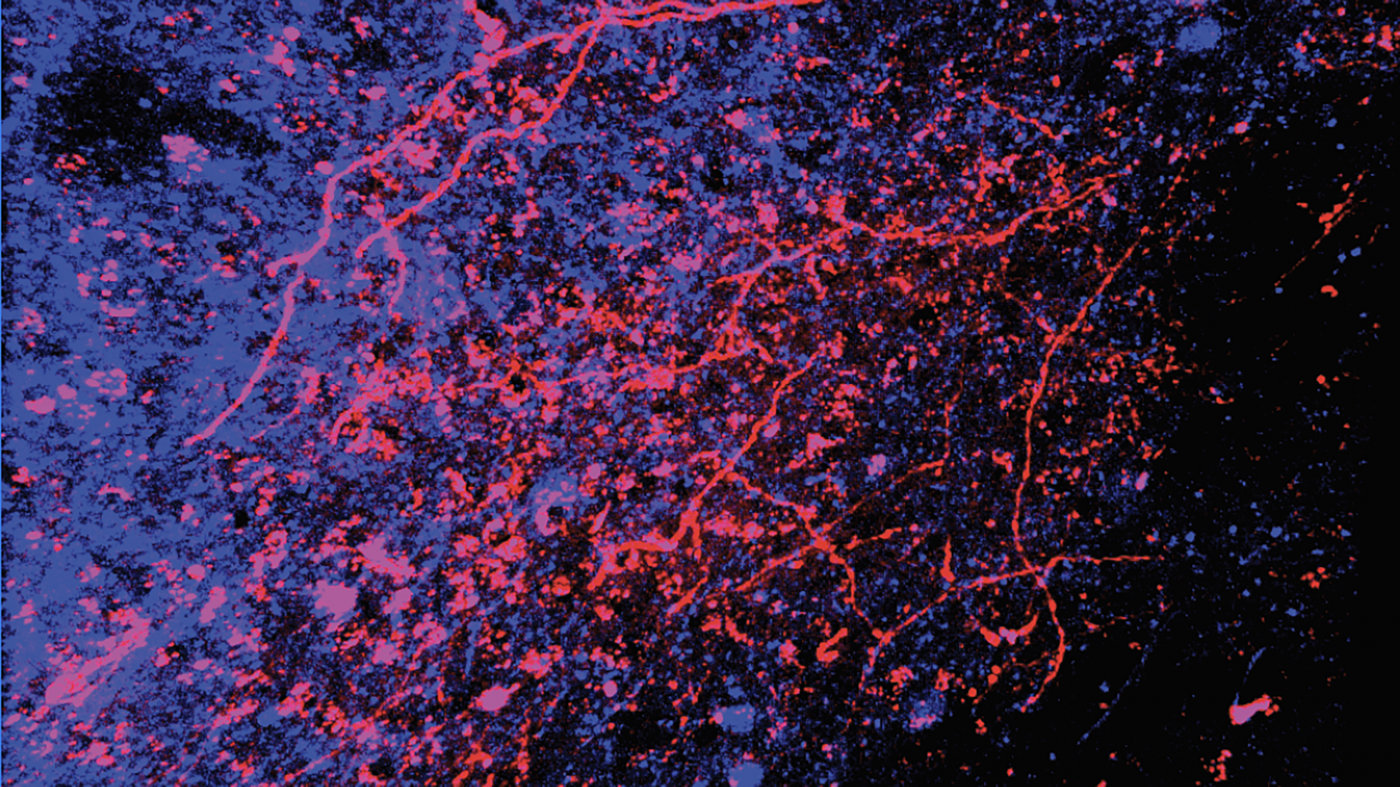Marcelo Wood, PhD
Professor and Chair, Department of Neurobiology & Behavior, School of Biological Sciences
University of California, Irvine
Examining how the intersection of epigenetic, exercise, and metabolism affects memory formation in the adult and aging brain
The epigenome is known for establishing persistent changes in cell function that can give rise to long-lasting changes in behavior. The epigenome is also known for incorporating experience whether it is from the perspective of a single cell, or the organism as a whole. We have been interested in this aspect of the epigenome: how does the epigenome integrate experience that leads to altered behavior? To approach this question, we study the effect of exercise and how the epigenome may be encoding exercise experience to form an epigenetic molecular memory that affects subsequent long-term memory formation. We use various exercise parameters in mice that result in an epigenetic molecular memory window. We next examined how learning is affected within that window. Subthreshold learning (a learning event that would not normally be encoded into long-term memory) during that window results in robust long-term memory. However, subthreshold learning outside of that window does not. We use various approaches to understand the epigenetic mechanism defining the molecular memory that alters memory formation at the behavioral level. In doing so, we have identified a gene called Acvr1c, a type 1 activin membrane receptor kinase. We have examined the role of ACVR1C in bidirectional regulation of synaptic plasticity and long-term memory formation as well as whether ACVR1C manipulation can ameliorate age-related plasticity and memory impairments. Lastly, in examining the mechanisms engaged by exercise, we also identify a powerful metabolic process that interfaces with histone modification. Thus, this talk will focus on the intersection of epigenetic, exercise and metabolic mechanisms involved in memory processes in the adult and aging brain.
Relevant Publications:
How the epigenome integrates information and reshapes the synapse
Host(s): Shawn Liu (Faculty) and Xinyue Chen (Graduate Student)
Please contact [email protected] with any questions.
This event will be in-person only and will not offer a Zoom option.
Open only to Columbia University and Columbia University Affiliates.
Speaker Location: CUIMC, Neurological Institute First Floor Auditorium
Live-stream Location: Jerome L. Greene Science Center, 9th Floor Lecture Hall
Tuesdays@10 is a signature Zuckerman Institute initiative that aims to expose researchers at all levels to high-quality science and stimulate scientific discourse. The speakers featured in this series represent various fields and techniques in neuroscience, and are either external to Columbia (Columbia Neuroscience Seminars and Special Seminars) or are Columbia faculty members (Local Circuits) invited through a combined, collaborative effort of one or more of the following: Columbia's Zuckerman Institute, the Department of Neuroscience, the Doctoral Program in Neurobiology and Behavior and the Columbia Translational Neuroscience Initiative, and with support from the Kavli Institute for Brain Science.
More information and a full schedule can be found here.
